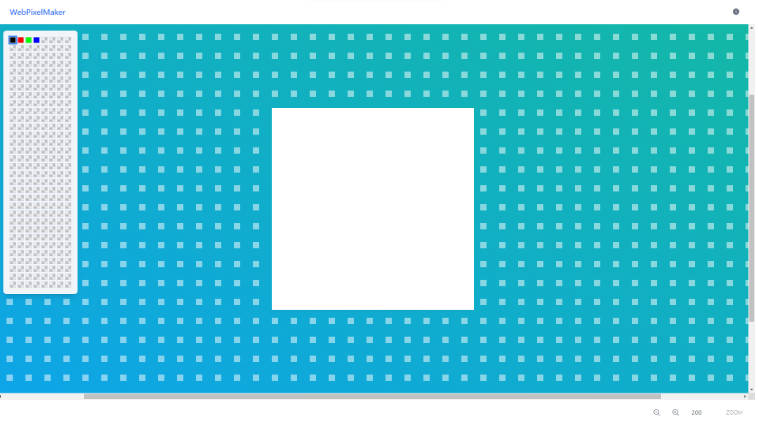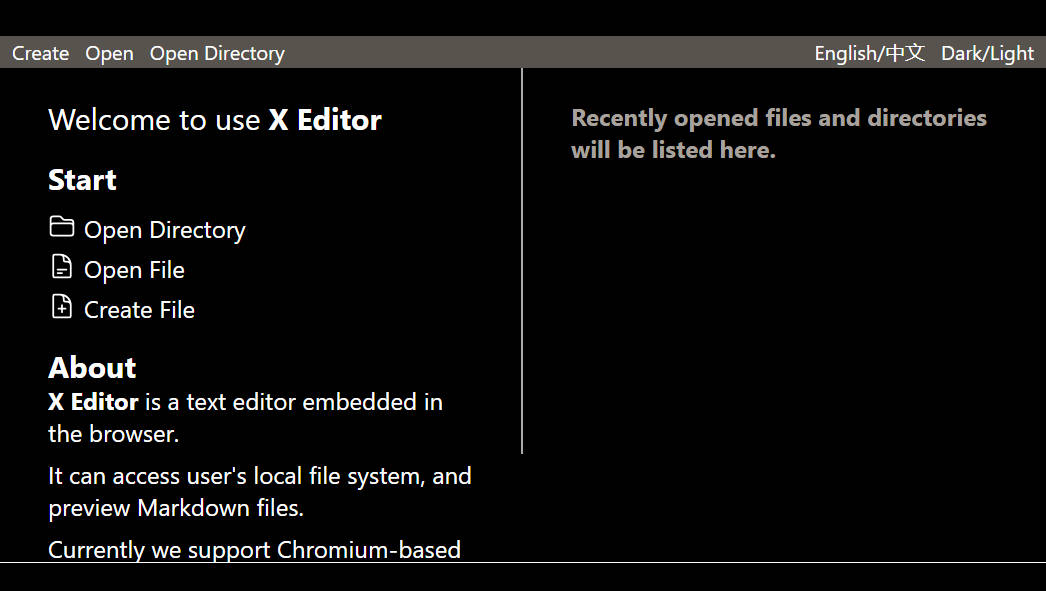ckeditor5-vue
CKEditor 5 rich text editor component for Vue.js.

Contributing
After cloning this repository, install necessary dependencies:
npm install
Executing tests
npm run tests -- [additional options]
# or
npm t -- [additional options]
The command accepts the following options:
--coverage(-c) – Whether to generate the code coverage.--source-map(-s) – Whether to attach the source maps.--watch(-w) – Whether to watch test files.--reporter(-r) – Reporter for Karma (default:mocha, can be changed todots).--browsers(-b) – Browsers that will be used to run tests (default:Chrome, available:Firefox,BrowserStack_EdgeandBrowserStack_Safari).
Note: If you would like to use the BrowserStack_* browser, you need to specify the BROWSER_STACK_USERNAME and BROWSER_STACK_ACCESS_KEY as
an environment variable, e.g.:
BROWSER_STACK_USERNAME=[...] BROWSER_STACK_ACCESS_KEY=[...] npm t -- -b BrowserStack_Edge,BrowserStack_Safari -c
If you are going to change the component (src/ckeditor.js) or plugin (src/plugin.js) files, remember about rebuilding the package. You can use npm run develop in order to do it automatically.
Building the package
Build a minified version of the package that is ready to publish:
npm run build
Changelog generator
npm run changelog
Testing component with Vue CLI
When symlinking the component in an application generated using Vue CLI, make sure your vue.config.js file configures webpack in the following way:
module.exports = {
configureWebpack: {
resolve: {
symlinks: false
}
}
};
Otherwise, the application will fail to load the component correctly and, as a result, it will throw a build error.
Releasing
Before starting to release the package, you need to generate the changelog.
npm run release
Note: Only the dist/ directory will be published.




